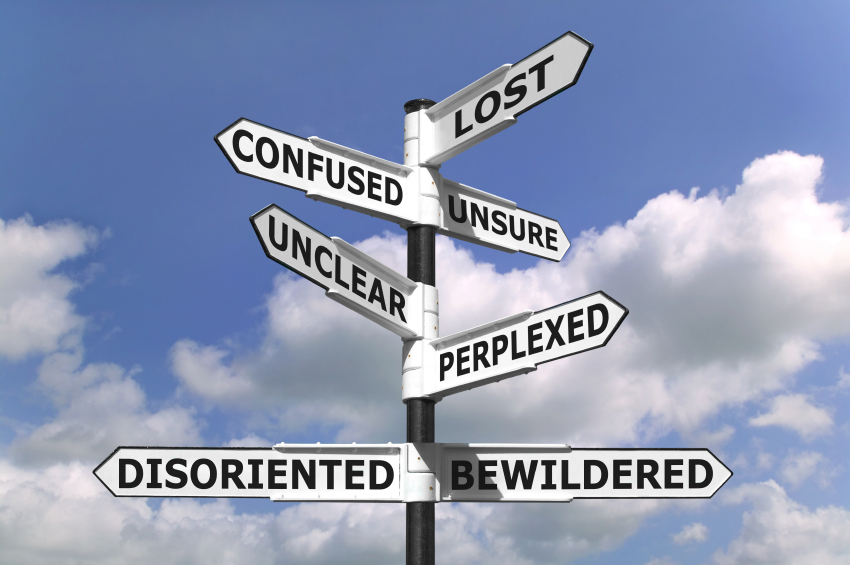by Jon Rappoport
www.nomorefakenews.com
There is a point at which a life becomes unsatisfying. Regardless of the reasons, a person begins to place too much emphasis on: what already exists; and what he believes.
That may sound like a strange thing to say.
There is nothing automatically wrong with what exists or with what he believes, but the key term here is “too much emphasis.”
A person makes a castle and fortress out of what was once flowing, energetic, and alive.
This is one of those unfair facts of existence, because it would seem, on cursory examination, that to believe what is good, right, and true should be tethered down with the strongest possible ropes. It should be permanently imprinted in the mind, engraved deeply.
But then something happens. The beliefs lose their dynamism. They sit there. They turn into dead stars.
The person, from that point on, can speak and act from these beliefs, but his actions and words take on a mechanical hue. He becomes a one-trick pony. The people around him know how he is going to respond. They know what he’s going to say.
He himself knows what he’s going to say.
His life now resembles a machine.
To one degree or another, everyone can fall into this trap. The sap of life becomes sour.
“Whatever already exists,” rather than “what could possibly be” takes center stage.
And, another irony: what already exists could be the most cogent position in the world, yet it returns no psychological or spiritual dividends.
What happened? How did things come to this?
The classic case, because it is so visible, is the artist who winds up repeating the same themes again and again in his work, the force of them deadening as he grows more “mature.”
But we could be talking about anyone.
The person becomes bored with himself. And then, he thinks, he has nowhere to go. It’s time for old age.
That old age can come at 30, at 50, at 70. It doesn’t matter when. The door seems to close. The walls are permanently set.
Wisdom, intellectual prowess, success, insight, strength no longer seem to matter. Being correct and right about the most important things has worn out like old shoes.
A person can tout his own beliefs to the rooftops, but it has no effect, no salutary effect on himself.
The search for what is deeply true and what beliefs are most important has succeeded, but the result is ashes.
What I’m describing here is a central aspect of the Matrix, an aspect most people would rather not consider.
They would prefer to say, “Nothing’s wrong,” and simply turn up the decibel count on their all-too-familiar assertions, which by now have taken on the coloration of slogans.
And there are millions of so-called professionals who are ready to jump into the breach and analyze this existential situation as a collection of symptoms which refer to some pseudo-disorder.
Yet there is help. There has always been help. It waits on the sidelines, and if the call comes, everything transforms. The person mired in his own stagnant juices doesn’t have to consciously change a thing about his beliefs. He doesn’t have to try to manipulate his mind or reorganize its contents.
This help, which is waiting for the call to action, doesn’t function on the basis of what already exists. It never has. That’s why it has been rejected. It doesn’t seem to be practical. It doesn’t seem to be the drill that can bore a hole in the lock of the door and let the prisoner out of his cell.
This help isn’t “true” or “right” or “correct.” It isn’t “harmonious” or “perfect.”
It’s oceanic.
It is the imagination.
Consigned as a mere toy for children, a distraction, a useless appendage for adults, a minor preoccupation, it is actually the faculty that surpasses what already exists in any dimension.
It doesn’t rely on the past. It doesn’t operate as a system. It doesn’t make calculations in accounting books. It isn’t a pattern.
It’s free.
Imagination wakes up the psyche. It wakes up the cells of the body. It invents the space of an open future. It sweeps the deck clean of morbid boredom. It solves problems in unforeseen ways. It moves out ahead of problems and creates new avenues along which old conflicts dissolve.
Imagination can be deployed to express deep beliefs and make them impact the world. It brings those beliefs back to life. It develops ingenious strategies to forward plans that were dying on the vine.
Imagination changes what already exists for the better. It can leap ahead of reality and build futures that shatter moribund consensus.
Imagination awakens abilities beyond the five senses and beyond structured consciousness.
When a life turns sour, stolid, and old, imagination injects the fire of youth.
Imagination says, “It’s never too late.”
“Late” turns out to be a faulty proposition that was omitting the most powerful force in the individual.
Imagination resides in the individual, not the collective. A life and a world founded on the collective is actually a covert operation to induce amnesia about the imagination.
The individual can choose to move forward by embodying patterns of the past, or he can step on to an entirely different path.
The universe is waiting for imagination to revolutionize it down to its core.
(Jon Rappoport is the author of two explosive collections, The Matrix Revealed and Exit From The Matrix).



